

In the evolving landscape of recycling and repulping standards for packaging materials, Christopher Hailstone lends his expertise to uncover the latest updates to the voluntary standards by the American Forest & Paper Association (AF&PA) and the Fibre Box Association. With his extensive background

In the wake of the recent Eaton and Palisades wildfires, which struck California in January, environmental safety measures have come under scrutiny. With over 13,500 properties damaged or destroyed and numerous fatalities reported, these events rank among the most devastating on record for the
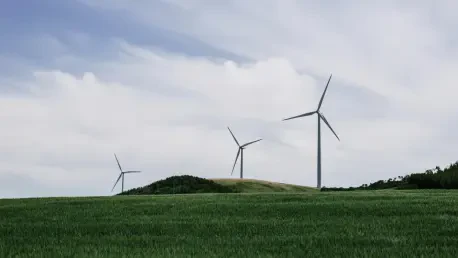
What does it mean for a major player in renewable energy to collapse amid evolving market dynamics and unpredictable policy shifts? Sunnova’s recent bankruptcy filing has sent ripples through the solar industry, challenging assumptions about solar energy's growth trajectory. As the second-largest
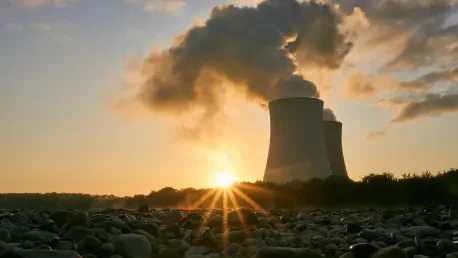
What if the future of artificial intelligence depended not just on coding prowess or innovative algorithms but on the energy that fuels it? As the tech world grapples with towering energy consumption to power sophisticated AI, an unexpected ally emerges: nuclear energy. This unconventional choice
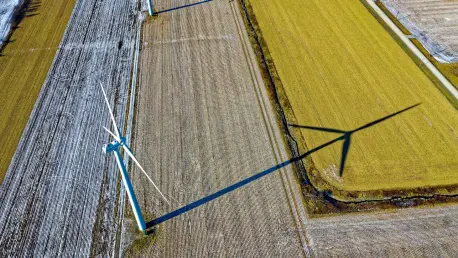
In a critical phase of American legislative discourse, the dialogue surrounding the clean energy tax credits included in the Senate's budget reconciliation bill signals a transformative period for energy policy. As GOP lawmakers navigate the complexities of modern energy needs, they voice concerns
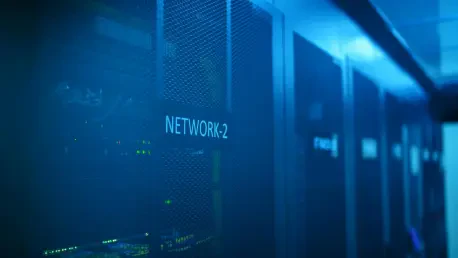
Industry Overview In an era marked by digital acceleration, data centers are mushrooming globally, pushing energy demands to unprecedented levels. Amazon Web Services (AWS), a major player in cloud computing, has committed to addressing these surging energy needs while advancing sustainability.
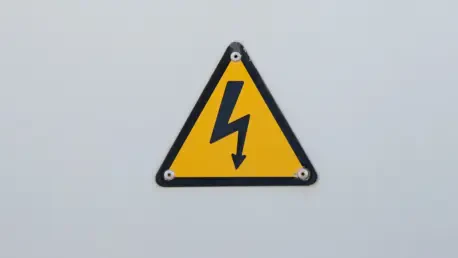
Overcurrent protection devices have become foundational elements in modern electrical infrastructure, ensuring a safe and uninterrupted flow of electricity amid growing demand and technological advancement. These devices are essential in mitigating risks associated with electrical anomalies, and

In North Korea, the rice planting season presents substantial challenges, prompting the nation to evaluate and regulate power distribution in North Hwanghae province. The task is to ensure that farms have the necessary electricity during this critical period of national mobilization. The government

The Morganfield Drinking Water Plant in Kentucky embarks on a groundbreaking initiative to address an environmental concern of nationwide importance by tackling the presence of per- and polyfluoroalkyl substances (PFAs) in its water supply. Often referred to as "forever chemicals," PFAs are

As solar energy becomes an integral part of global energy solutions, the digitization of infrastructures introduces a pressing issue: cybersecurity. With over 35,000 solar power devices connected to the internet, a report by Forescout highlights their potential vulnerabilities. These devices,
ITCurated uses cookies to personalize your experience on our website. By continuing to use this site, you agree to our Cookie Policy